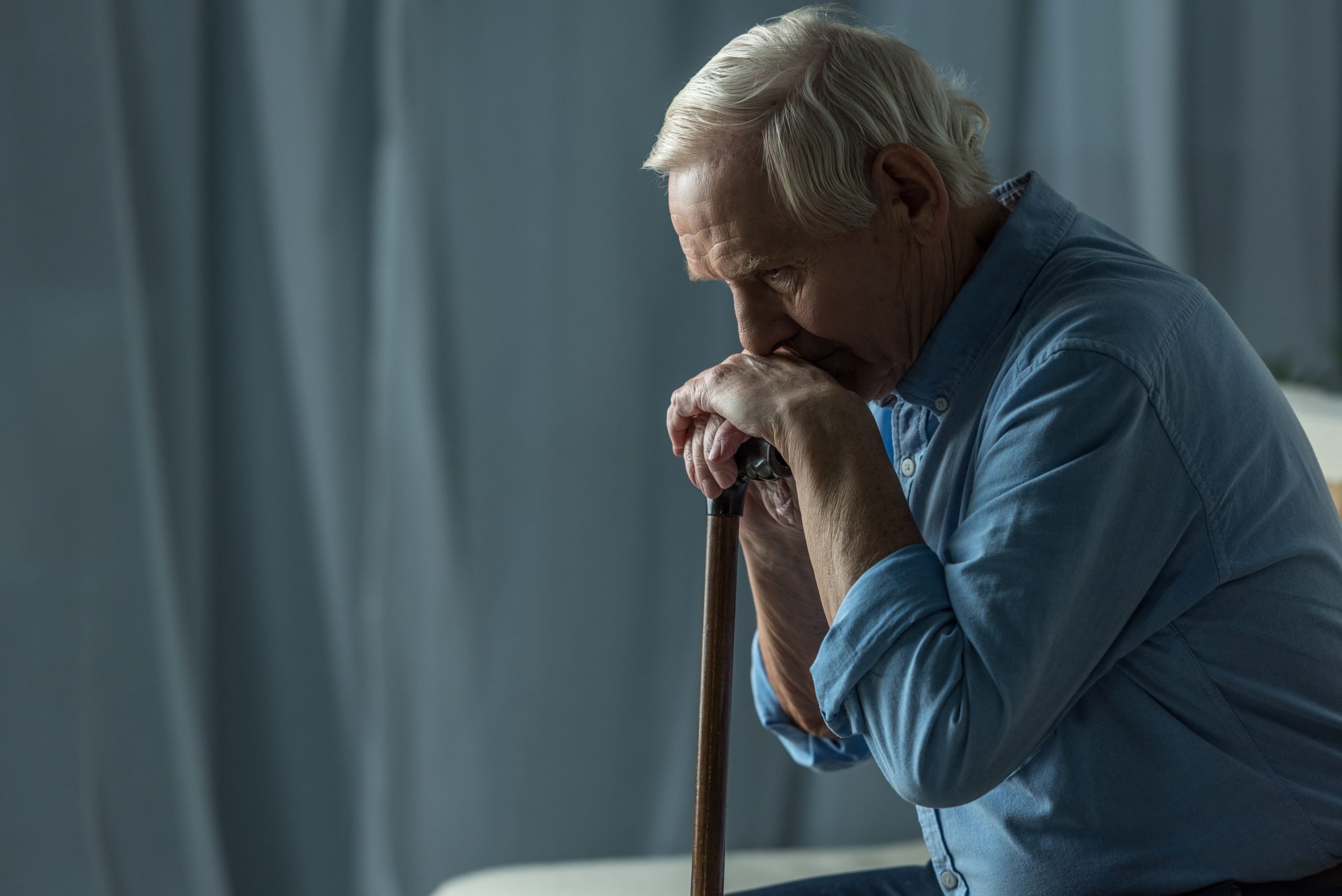
Recognizing when your loved one has faced abuse or neglect can be difficult. Here are a few facts and figures to keep in mind as you consider hiring an NYC nursing home abuse lawyer.
What Are the Common Forms of Nursing Home Abuse?
Abuse can materialize in more ways than just visible bumps, cuts, and bruises. Here are a few other forms to keep an eye out for.
- Emotional or Psychological Abuse: Elderly residents are especially susceptible to verbal and non-verbal forms of trauma, including insults, threats, intimidation, humiliation, verbal assaults, and harassment. This kind of abuse—which can cause emotional harm and anguish—is dangerous because of the lasting mental scars it can leave.
- Sexual Abuse: Defined as non-consensual sexual contact of any kind, sexual abuse is a form of elder mistreatment that is frequently unreported and under-investigated. Sexual abuse can include rape, forced nudity, involuntary observation of pornography, and taking sexually explicit photographs or audio/video recordings of a resident.
- Physical Abuse: Anything that causes your loved one bodily injury, physical pain, or impairment is considered physical abuse. While this kind of exploitation includes acts of violence, it can also involve force-feeding, physical punishment, and the inappropriate use of drugs.
- Financial or Material Exploitation: Considered the most common type of elder abuse, financial exploitation is defined as the illegal or improper use of an elder’s funds, property, or assets. Financial abuse can occur in numerous ways, including forging signatures, deception when signing documents or wills, and theft.
- Neglect: If the nursing home fails to provide basic needs, your loved one is likely facing some form of neglect. Elder neglect can manifest in a number of ways, including medical inattention, neglect of personal hygiene, and ignoring a resident by continually leaving them alone or failing to provide them with enough social and emotional care.
What Causes Elder Home Abuse?
There are several factors that can lead to nursing home abuse and neglect, though it depends on the individual nursing home and the caliber of its care staff and facility management. The most common forms of nursing home abuse stem from:
- Staffing shortages
- Poor supervision and accountability
- Lack of experience among caregivers
- Underpaid staff workers
- Individual resident risk factors
- A lack of consequences
Because elder abuse in nursing homes is far too common, it’s important to do extensive research when selecting a nursing home for your loved one. Investigate its staffing levels, wages, management style, and history to better understand its philosophy.
How Can You Tell If Your Loved One Is Being Abused?
Sometimes it can be hard to tell if a loved one is being abused. Generally, if there are sudden changes to their behavior and disposition or conflict between an elder and their caregiver, you should keep an eye out for further signs of abuse. Here are just a few to keep in mind:
- If your loved one is failing to take their medications properly, has unexplained injuries, or shows physical signs of restraint, they may be physically abused.
- If you observe controlling conduct on the part of the caregiver or if you notice unusual behavior in your loved one, including symptoms of dementia, there may be emotional or psychological abuse occurring.
- Stained underwear, vaginal or anal bleeding, bruising near the genitals, or unexplained STDs may be signs of sexual abuse.
- If you notice any unexplained changes to your loved one’s bank account, a sudden alteration to a life insurance policy or will, or missing cash from their room, they may be facing some form of financial abuse.
- Neglect can manifest in a number of ways, including leaving your loved one alone in a public place, not bathing them, leaving them inappropriately dressed for the weather, and providing them with unsafe living conditions such as a lack of heat or running water.
If a caregiver refuses to let you be alone with your loved one, you’re right to be suspicious.
If you notice any of these signs or are apprehensive at all, contact an experienced nursing home abuse lawyer.
Call an Expert Nursing Home Abuse Lawyer in New York City
We understand how stressful it can be to watch your loved ones face any form of trauma, pain, or distress. If you believe that a member of your family is caught up in a harmful or neglectful situation, contact the trusted attorneys at Dalli & Marino.
We’re a group of successful nursing home abuse lawyers whose verdicts and settlements have recovered millions of dollars for our clients since 1996. Our team of highly skilled trial attorneys approaches each case on an individual basis and is dedicated to helping you recover the money you deserve to compensate you for your loss. Give us a call at (888) 465-8790 or complete our contact form today.


